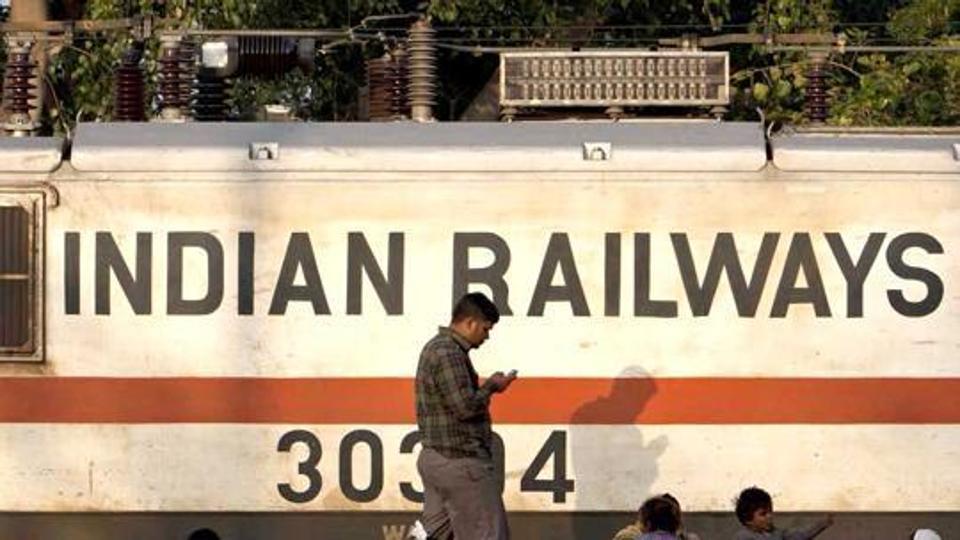

A TV flash about a nail or a lizard found in a meal served to a train passenger is usually followed by a predictable official drill: Portentous announcements on termination of contracts, imposition of fines or the blacklisting of the firms. Disciplinary action is announced against officials found to be either negligent or for being in cahoots with the “rail catering mafia”. Clear-cut action plans and strict timelines aimed at fixing problems are issued. Once all these are done, the gigantic machinery of the Indian Railways (IR) reverts to its state of recess.
India’s 163-year-old State-owned transporter has clearly been unable to fix its catering business as the Comptroller and Auditor General (CAG) has pointed out in a report tabled in Parliament. From Mamata Banerjee to Mallikarjuna Kharge, Dinesh Trivedi – or the incumbent Suresh Prabhu – why have all railways ministers failed to tackle the on-board catering business?
The trouble begins with the mindset. The standard response of a railway officer to complaints about the poor quality of food is this: “We (Indian Railways) serve warm and cheap quality food to approximately 40 per cent of the 1.1 million passengers who travel each day on long-distance trains, besides offering 5 million meals distributed through the static units. Instead of being appreciative, the passengers are always nit-picking. Do they complain as much about the food served at their homes”? In other words: The IR is doing its best and passengers must stop complaining.
One of the key problems is “cartelisation”. There have been several policy changes (2005, 2010 and 2017), but these have either been partially implemented – or not executed at all. The same set of caterers – or their front companies – have continued to monopolise the business; finding ways to circumvent policy guidelines. It has often been the case that a firm blacklisted in one railway zone has found work in another zone. One firm – or its front companies – has been known to have monopolised 70% of the rail catering business in past decades. There have been reports about rail kitchens having been either bought over or sublet.
This situation persists with the knowledge – or even connivance – of the rail bureaucracy. Charges of “cuts” having been taken have often hit headlines, while tales about an officer’s birthday party having been sponsored by a rail contractor are not unheard of. Often constables of the Government Railway Police (GRP) of the Railway Police Force (RPF) are seen tucking into sumptuous fare in the berths provided for in the pantry cars. The current arrangement suits everybody – except the passenger.
Everything that ever needed to be experimented with by the railways to fix the catering issue has been attempted in past decades. Just one job remains: A decision on a complete exit from the catering business. Such a move may actually bring relief to the State-owned transporter, providing to it more time to focus on its core activities of operating and managing train services.
[“Source-hindustantimes”]




